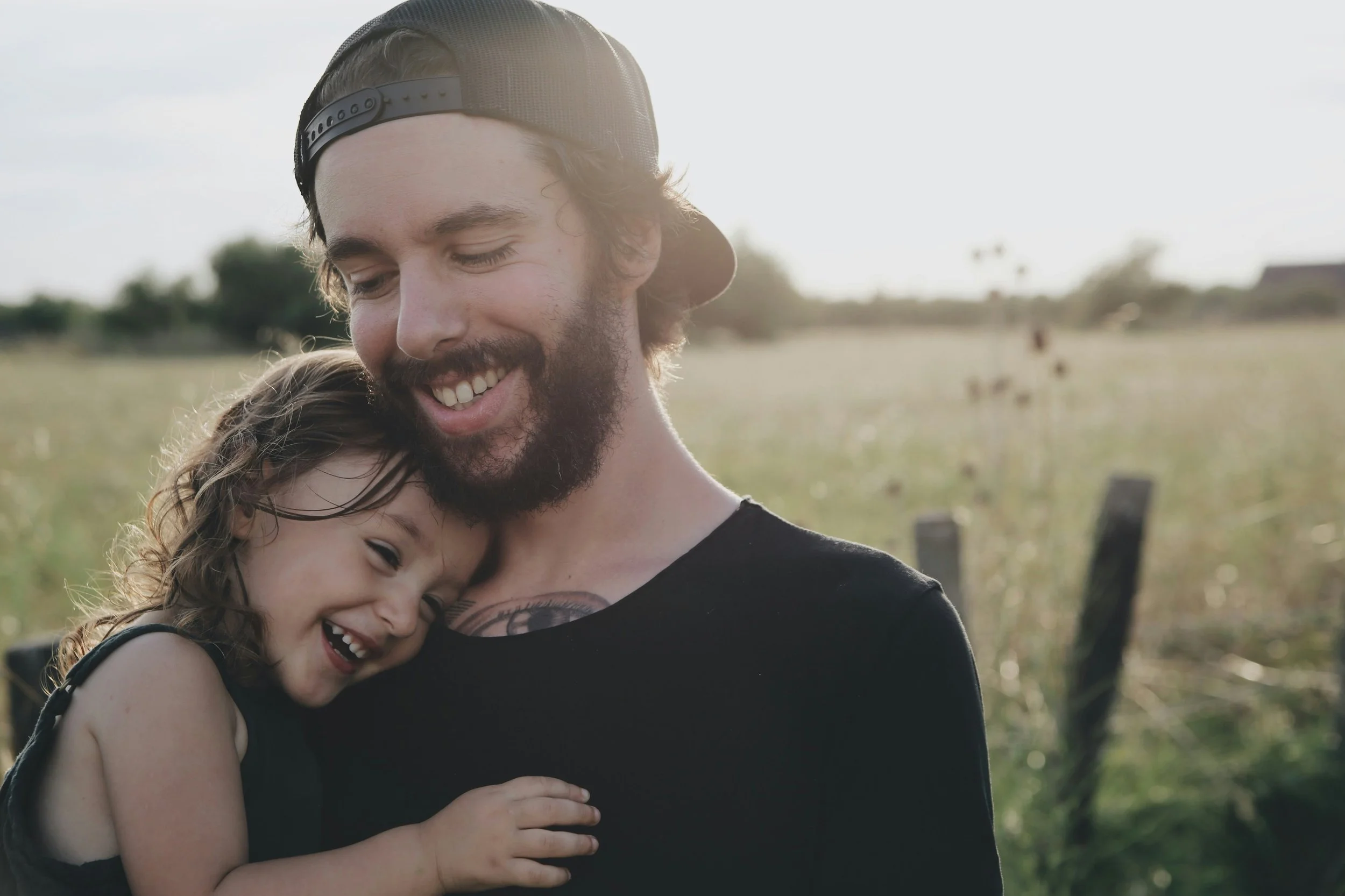Generational Gaps in Mental Health: A Path Toward Mutual Understanding
Different generations have lived through distinct realities and challenges that have shaped their worldview. This is particularly evident in how we perceive and care for our mental health. While younger generations tend to prioritize it, for many older people, mental health was a stigmatized topic during their time. Although these differences often lead to misunderstandings, they also offer a unique opportunity to foster empathy and learn from one another.
This variation is one of the main reasons why conflicts arise among family members when discussing this topic. However, in this article, we will outline the different perspectives so you can consider them the next time you find yourself in one of these situations.
Mental Health According to Older Generations: A Taboo in Transition
Before judging older generations for their views on this issue, it’s important to consider that many of them grew up in a time when mental health was a taboo topic or perceived as a weakness. Over time, this can manifest in the form of stigma, for example, when considering therapy. This undoubtedly hinders communication between parents and children, especially if these limited views are deeply ingrained in the individual.
It's also worth noting that, in the past, access to information about mental health was much harder to obtain. There was no Internet, so information was often passed along through phone calls, television, or directly through recommendations from family, friends, or colleagues.
As mentioned earlier, it’s uncommon for older generations to seek mental health treatment, but if they do, most will prefer to stick to traditional methods rather than open their minds to innovative or lesser-known techniques.
When facing a mental health issue, adults tend to seek comfort from their family or known support systems rather than other coping mechanisms. This directly reflects the mindset that was prevalent in the past, where values like resilience and self-sufficiency were seen as synonymous with maturity and strength.
Related to this, it’s possible that the difference in how people "live life" is a key factor. In the past, the culture of hard work and sacrificial effort was normalized over a balance between quality of life and work.
The Perspective of Newer Generations: Paving the Way Through Technology
For younger people, their view of mental health is much more flexible and open than older generations. They have grown up in an era where information is abundant, and the stigma around this topic is almost non-existent.
Social media has played a significant role in expanding people’s knowledge on the subject. It’s no coincidence that now, in what is likely the peak of social media usage, the number of people seeking mental health support has increased.
However, just as awareness has risen, the advent of the Internet has also introduced new sources of mental health issues tied to these technological and social changes. Anxiety stemming from a culture of immediacy and constant comparison is a clear example of this.
It is these generations that tend to be more open to experimenting with new methods when addressing these issues, such as the energy healing therapies we offer at our center. This doesn't mean they necessarily dismiss traditional therapeutic approaches, which remain equally effective.
It’s precisely on the Internet where younger generations often find refuge when dealing with issues affecting them. Online communities or specific apps designed for support with various problems are good examples of this.
Their life approach is also different, as younger generations tend to prioritize well-being over impeccable job performance. They also seek a constant balance between the various aspects of life.
The Importance of Empathy
Because of these differences, it’s essential to have empathy between generations, as parents and children grew up in different realities that undoubtedly shaped their perceptions of mental health. However, mental health issues affect all of us equally, regardless of the generation to which we belong.
If you belong to the younger generations, you might want to keep in mind, before judging your elders, that they grew up in a completely different context from yours. The dynamics of their lives and the view on mental health care operated in a different way than they do now, which is why they may struggle to understand the need for therapy at a given time.
Conversely, if you are from the older generations, you should consider opening your mind a bit. With the rise of social media, it’s natural that the amount of information about mental health has grown and that your children, nieces, nephews, or siblings are aware of various aspects of this field. Be sure to see this moment as a great opportunity to make a positive change in your life and take advantage of the professionals who are willing to help you with whatever problem you have.
So, the next time you find yourself in a generational conflict around mental health, remember that the key lies in empathy. Use intergenerational conversations as an opportunity to learn and grow together, and don’t hesitate to seek the professional support that best fits your needs.

